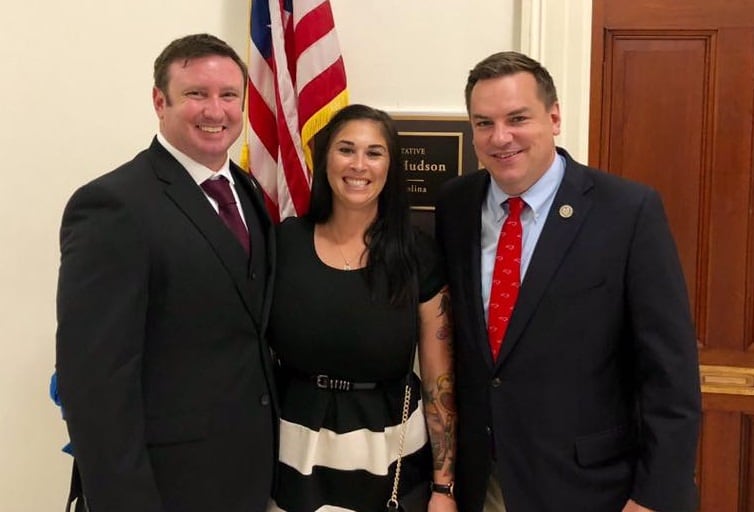Advocates this week praised a new bipartisan bill to allow troops to sue the military in medical malpractice cases, but a key senator is still blocking any effort to overhaul the legal precedent, dimming chances for any major change this year.
On Tuesday, Sens. John Kennedy, R-La., and Mazie Hirono, D-Hawaii, introduced stand-alone legislation aimed at overturning parts of the Feres doctrine, a 1950s Supreme Court decision cited repeatedly by lower courts to block troops from seeking damages for war-related injuries or on-duty accidents.
The move follows similar legislation in the House sponsored by Rep. Jackie Speier, D-Calif., that was included in the chamber’s draft of the annual defense authorization bill. The Senate sponsors called the change a matter of fairness for those who serve in the military.
“When medical malpractice or negligence occurs, patients have the right to sue their doctor, but the Feres Doctrine has stripped that right from members of the military,” Kennedy said in a statement. “This legislation will help to overturn this backwards precedent that hurts service members and their families.”
RELATED

Defense officials have argued in the past that changing the legal precedent could prompt a flood of frivolous lawsuits for the armed services. But Speier, in a floor speech on Tuesday, said in cases of medical malpractice, the Feres doctrine causes more harm than good.
“Service members and families have been denied justice in their greatest hour of need,” she said. “It also means there are not consequences for botched procedures and few incentives for military providers to improve care.”
Speier also used her floor speech to praise Richard Stayskal, in attendance in the House gallery. The former Green Beret and Iraq war veteran suffers from stage four lung cancer, an illness that Army doctors earlier misdiagnosed as pneumonia, delaying potentially life saving treatments for months.
Stayskal has been lobbying for the legislation on Capitol Hill and even the White House in recent days, and said most of the response has been positive.
“Almost everybody sees there is an issue here that needs to be fixed,” he said. “It’s an issue of who is willing to make a decision to fix it.”
One lawmaker who Stayskal hasn’t been able to meet with is Sen. Lindsey Graham, R-S.C. The chairman of the Senate Judiciary Committee is also a former judge advocate general in the Air National Guard, and the main opponent to the legislation.
Graham said on Tuesday he remains opposed to any changes to the Feres precedent.
“We have compensation for people who are killed or injured in the military,” he said. “We’re not going to open Pandora’s box.”
Those comments echo fears of military leaders that allowing some troops to pursue damages would create an uneven compensation system in the military, making some injuries and deaths worth more in the eyes of the law than others.
In order for the issue to be included in inter-chamber negotiations on the defense authorization bill, Graham would have to give the Senate Armed Services a waiver from his committee. He said he won’t do that. The new stand-alone Senate legislation would also have to go through his committee, where he would oppose any advancement.
RELATED

The opposition leaves the issue once again stalled in Congress with no clear future success. Stayskal’s lawyer, Natalie Khawam of the Whistleblower Law Firm, called that an insult to military families.
“It’s not fair and it’s not just,” she said. “It amounts to discrimination against our troops.”
Stayskal said he is hopeful lawmakers can find some way around Graham’s opposition in coming weeks, as the defense authorization bill is finalized. But he won’t be in town to continue to push for it, because he is scheduled to undergo more clinical treatments for his cancer in coming days. He delayed several tests this week for the latest lobbying push.
“It’s tiring and frustrating,” he said. “I just want them to be able to hear our side.”
Leo covers Congress, Veterans Affairs and the White House for Military Times. He has covered Washington, D.C. since 2004, focusing on military personnel and veterans policies. His work has earned numerous honors, including a 2009 Polk award, a 2010 National Headliner Award, the IAVA Leadership in Journalism award and the VFW News Media award.





